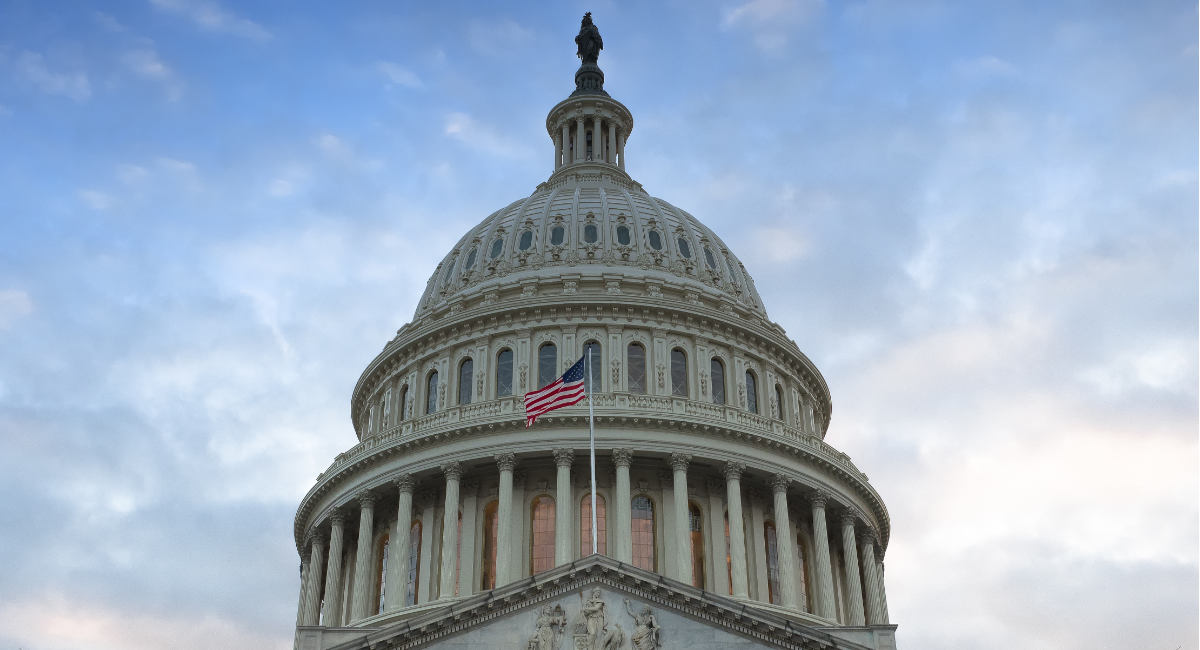Many prominent Republicans have resisted the idea of enacting federal abortion restrictions, underscoring a tonal shift in pro-life politicians’ post-Roe rhetoric.
“You know, it works through committee, the Supreme Court has made that decision, it goes to the states, and states will take up that issue,” House Speaker Kevin McCarthy (R-Calif.) reportedly said at a press conference.
The months following Dobbs have allowed what many conservatives sought for a long time – individual states debating the issue and making their own decisions on abortion rather than deferring to federal judges. In doing so, Dobbs has also forced conservatives to reconsider how they weigh their philosophical principles against political realities.
“What we’re working on right now is primarily reacquainting members with the abortion issue after the Dobbs decision,” Jennifer Popik, federal legislative director for the National Right to Life Committee, reportedly said. “This is a very dramatically different landscape.”
The left’s victory in Wisconsin this month prompted some, like conservative commentators Ann Coulter and Kim Strassel, to criticize Republican pushes for narrower pro-life restrictions. Coulter similarly derided Florida Gov. Ron DeSantis (R) for passing heartbeat legislation, which effectively restricts abortion to the first six weeks of pregnancy.
DeSantis’ recent electoral victory, as well as Georgia Gov. Brian Kemp’s, have been held up as proof that Republicans can win elections even while supporting bold, pro-life policies.
Some, like conservative author Ryan T. Anderson, have emphasized the importance of messaging in political battles. As Live Action’s “What is Abortion?” campaign man-on-the-street interviews have shown, people often change their minds when confronted with the brutal reality of abortion.
Polling has shown varying results on the issue but historically, Americans tend to favor restrictions on the procedure. More recent polling funded by abortion pill investors has shown majorities of Americans saying that abortion should be legal in all or most cases. That conflicts with 2023 Marist polling, conducted with the pro-life Knights of Columbus, that shows 69% of Americans favoring significant restrictions on abortion.
As states continue debating pro-life protections, the pro-abortion Society for Family Planning released data indicating they result in tangible lives saved. More specifically, the group released data showing a drastic reduction (32,260 fewer or an average of about 5,000 per month) in the number of abortions following the Supreme Court’s decision in Dobbs. There has been speculation the number is actually higher and, as is usually the case, the data didn’t capture illegal procedures. Nonetheless, it indicated that pro-life policies have save large numbers of human lives from the abortionists’ instruments.
The question for some is whether those life-saving protections can be sustained and whether present pro-life advocacy will doom future attempts to protect preborn children. “Pro-life zealots are going to get a national Roe v. Wade and lots more babies killed by forcing Republicans to lose election after election,” tweeted Coulter. “But at least they’ll feel good about themselves!”
Congressional Democrats, along with Republican Sens. Lisa Murkowski (Alaska) and Susan Collins (Maine), have already started pushing for the codification of Roe, which would effectively invalidate state laws and effectively allow abortion up to birth due to certain loopholes as were present in Roe and Doe. It is unclear, however, whether that would survive a challenge by the Supreme Court, which has repeatedly framed abortion as an issue for state legislatures.
Much of Republicans’ current advocacy has centered on states’ rights, but the pro-life movement has historically opposed abortion as a barbarous and life-taking evil. That’s why some, like Live Action CEO Lila Rose, insist on federal protections. On Sunday, The Wall Street Journal published Rose’s response to Anderson, who has made the moral case for pro-life laws but has also urged conservatives to accept “incremental progress.”
What does it take for pro-life candidates to win?
-Compassionate BOLDNESS
-Well thought-out replies to pro-abortion talking points
-Advocacy for total legal protection for preborn children
-Make birth free. Extend Medicaid to postpartum moms. Monthly child benefits. And more…— Lila Rose (@LilaGraceRose) April 24, 2023
“Running on an absolutist pro-life platform now is the mirror image of the mistake Democrats have made running on an absolutist pro-abortion platform,” he wrote in a Wall Street Journal op-ed last week.
“Some tolerance for less-than-ideal laws is politically necessary. So, too, is a willingness to work incrementally—enacting a pain-capable law today if that’s possible, working to shape public opinion, and passing a heartbeat bill later. Florida accomplished that in only a year.”
Rose responded:
Pro-life candidates should always lead with the truth. Elective abortion is an act of violence that starves or tears a living human child limb from limb. There is no compromise on killing a child. Every human being, including every preborn child, deserves due process and equal protection under the law. That means a total ban on indiscriminately killing them.
Does this mean incremental progress toward protecting the human right to life is to be scoffed at? Of course not. But it does mean that pro-life candidates should enter the political arena ready to fight for what is right. Each must be ready to advocate the humanity of our youngest children and the need to support their families.
Last year, Sen. Lindsey Graham (R-S.C.) championed protections for preborn humans at 15 weeks with the help of Susan B. Anthony Pro-Life America President Marjorie Dannenfelser, who, along with other pro-life advocates, has insisted conservatives advance broad pro-life protections amid political concerns.
Dannenfelser reportedly said, “The only way to save these children is through federal protections, such as a 15-week federal minimum standard when the unborn child can feel excruciating pain.”
Though media outlets noted an apparently muted response among Republicans to a Texas district judge’s decision against the FDA’s original, rushed approval of mifepristone in 2000, that ruling eventually saw support from nearly 70 congressional Republicans who filed an amicus brief as the decision faced appeal.
Polling from Marist, NPR, and Pew have all pointed to majorities of Americans supporting the abortion pill remaining legal.








